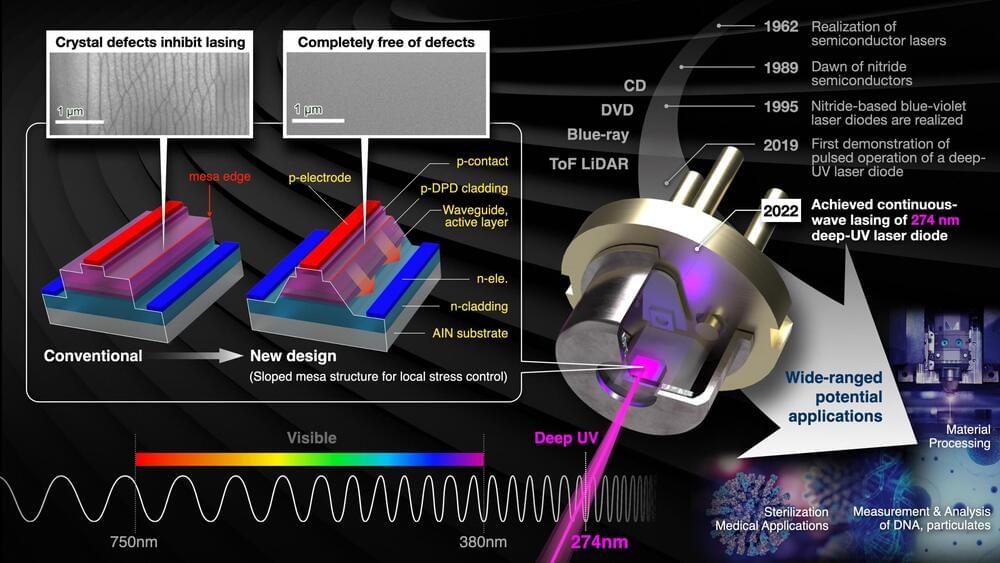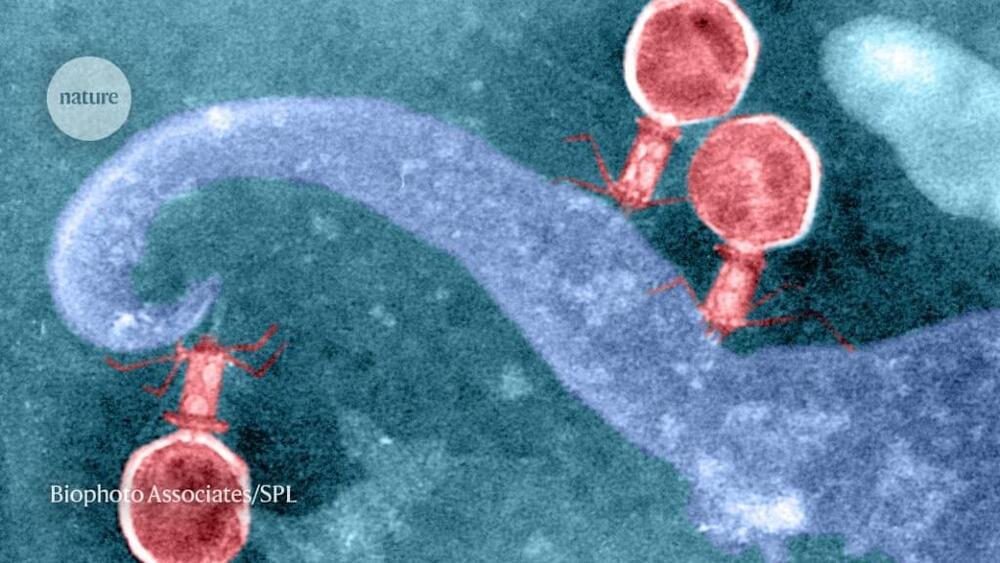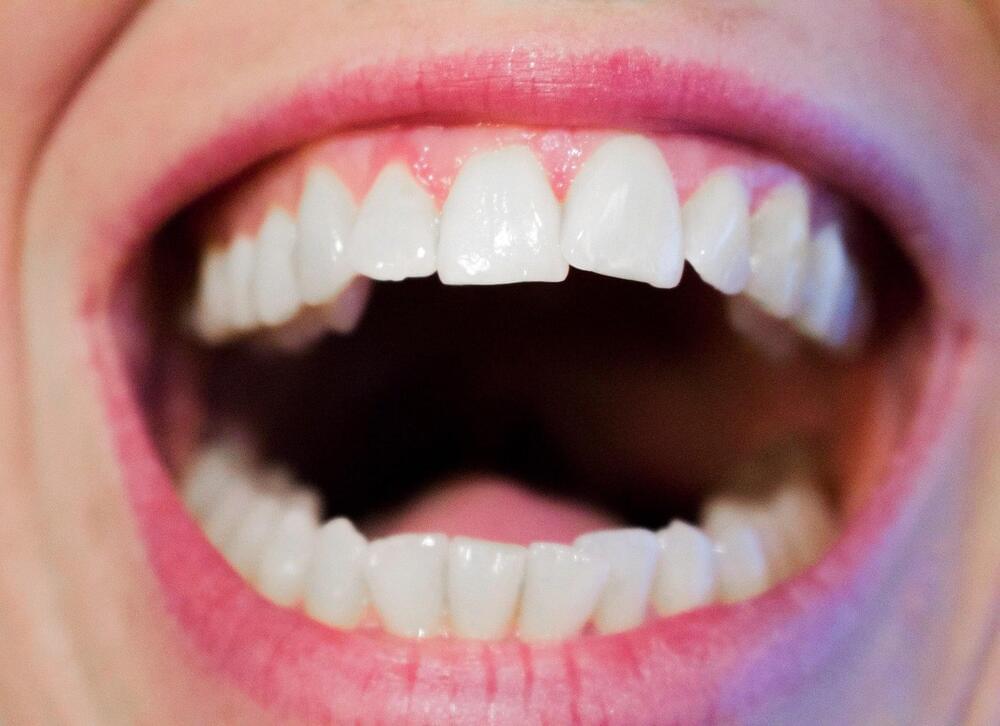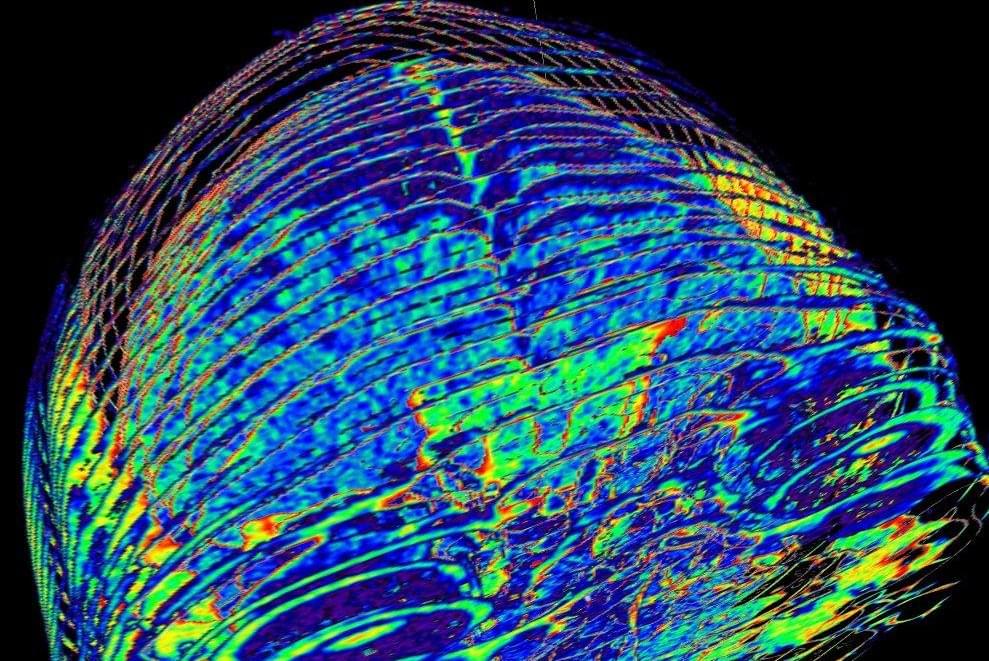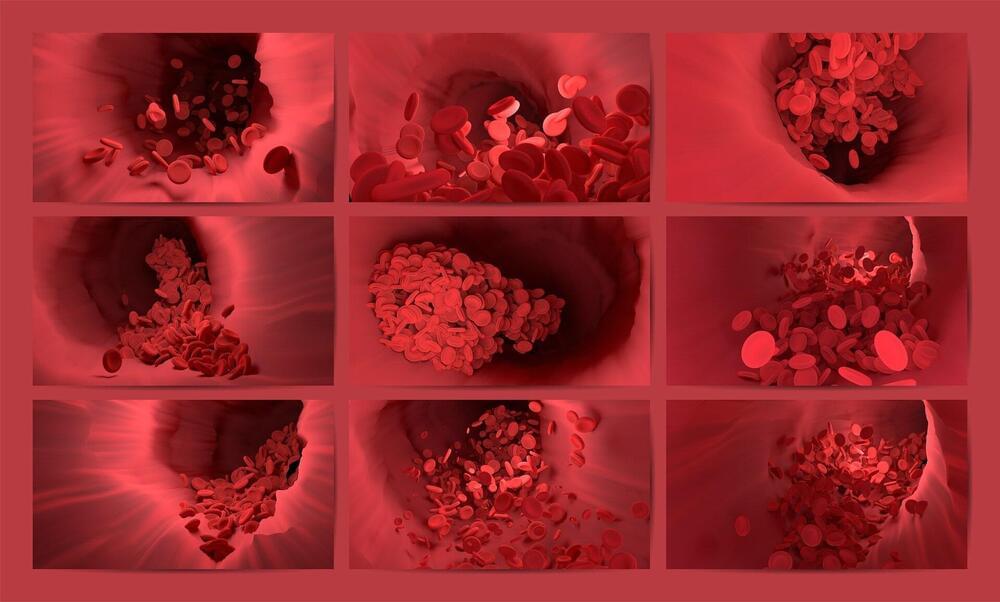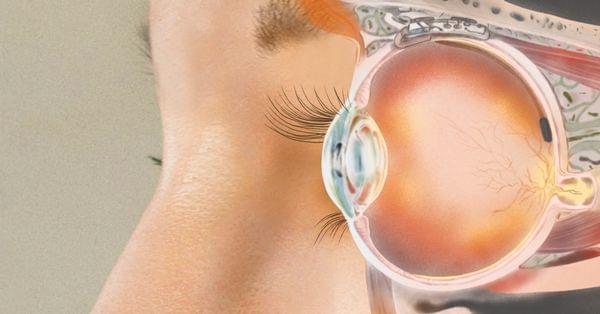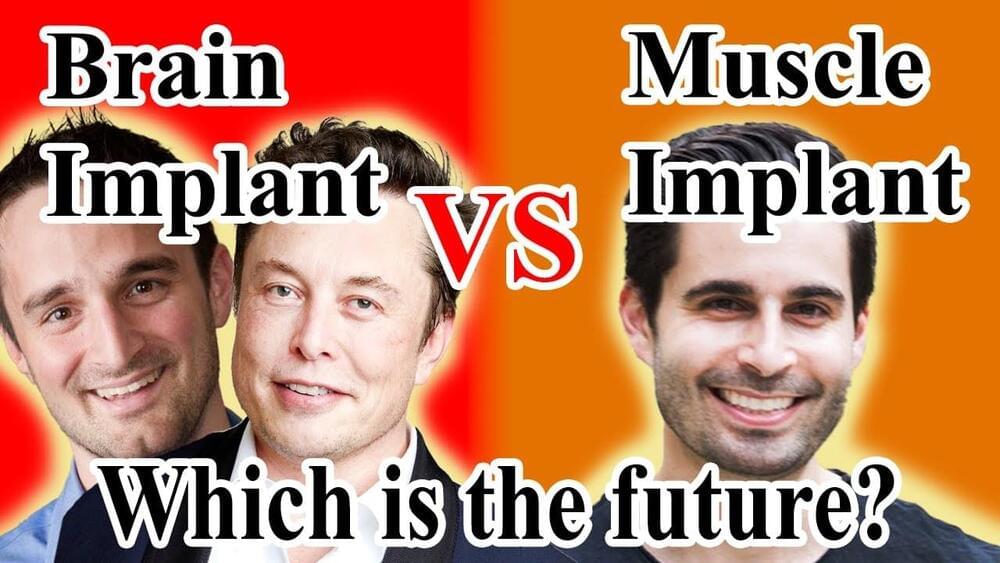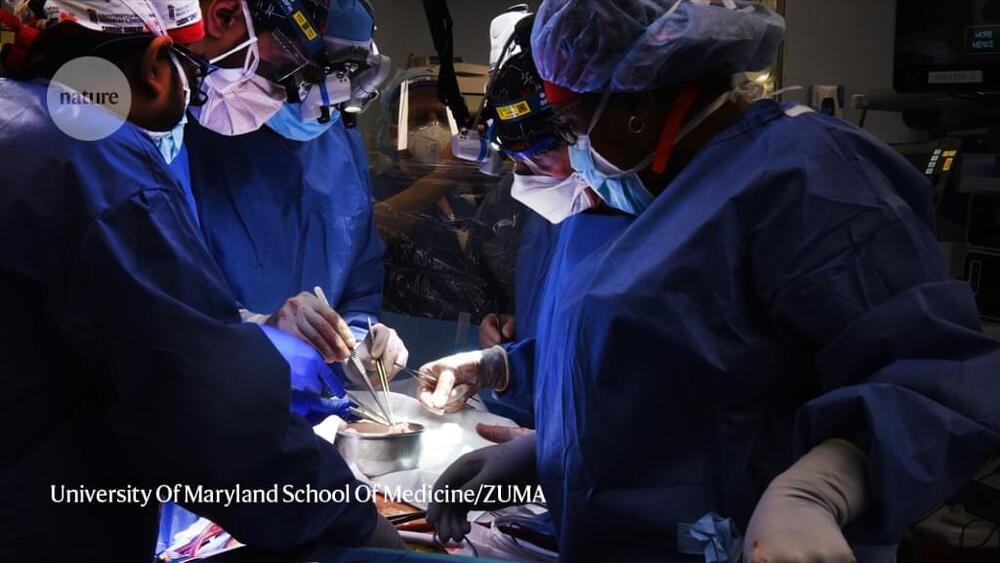Nov 24, 2022
Scientists demonstrate world’s first continuous-wave lasing of deep-ultraviolet laser diode at room temperature
Posted by Quinn Sena in categories: biotech/medical, computing
A research group led by 2014 Nobel laureate Hiroshi Amano at Nagoya University’s Institute of Materials and Systems for Sustainability (IMaSS) in central Japan, in collaboration with Asahi Kasei Corporation, has successfully conducted the world’s first room-temperature continuous-wave lasing of a deep-ultraviolet laser diode (wavelengths down to UV-C region).
These results, published in Applied Physics Letters, represent a step toward the widespread use of a technology with the potential for a wide range of applications, including sterilization and medicine.
